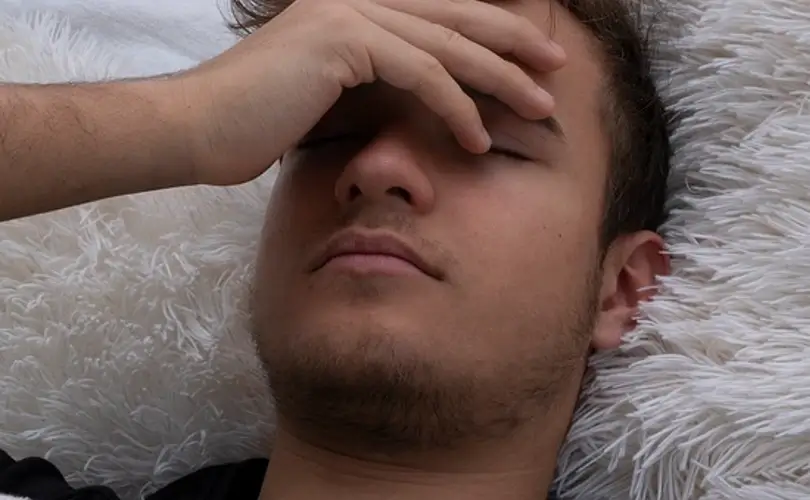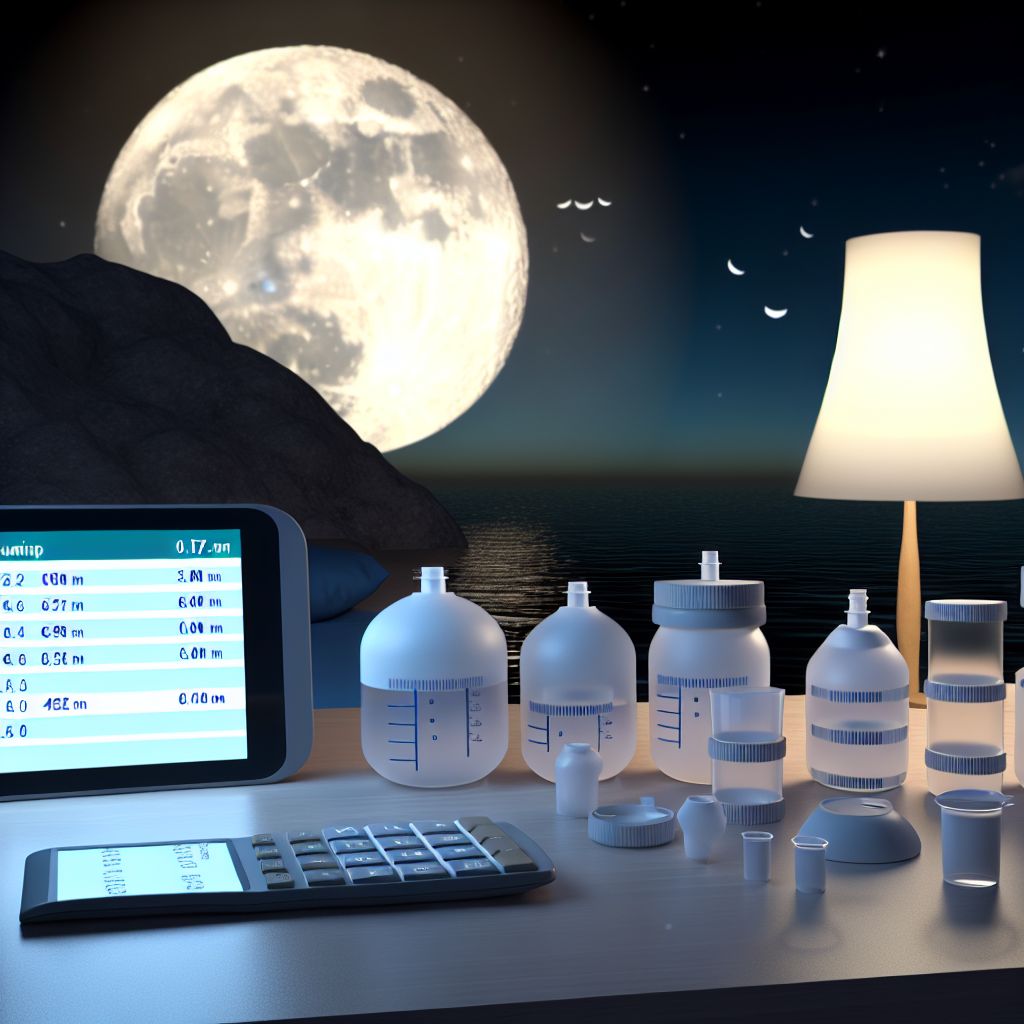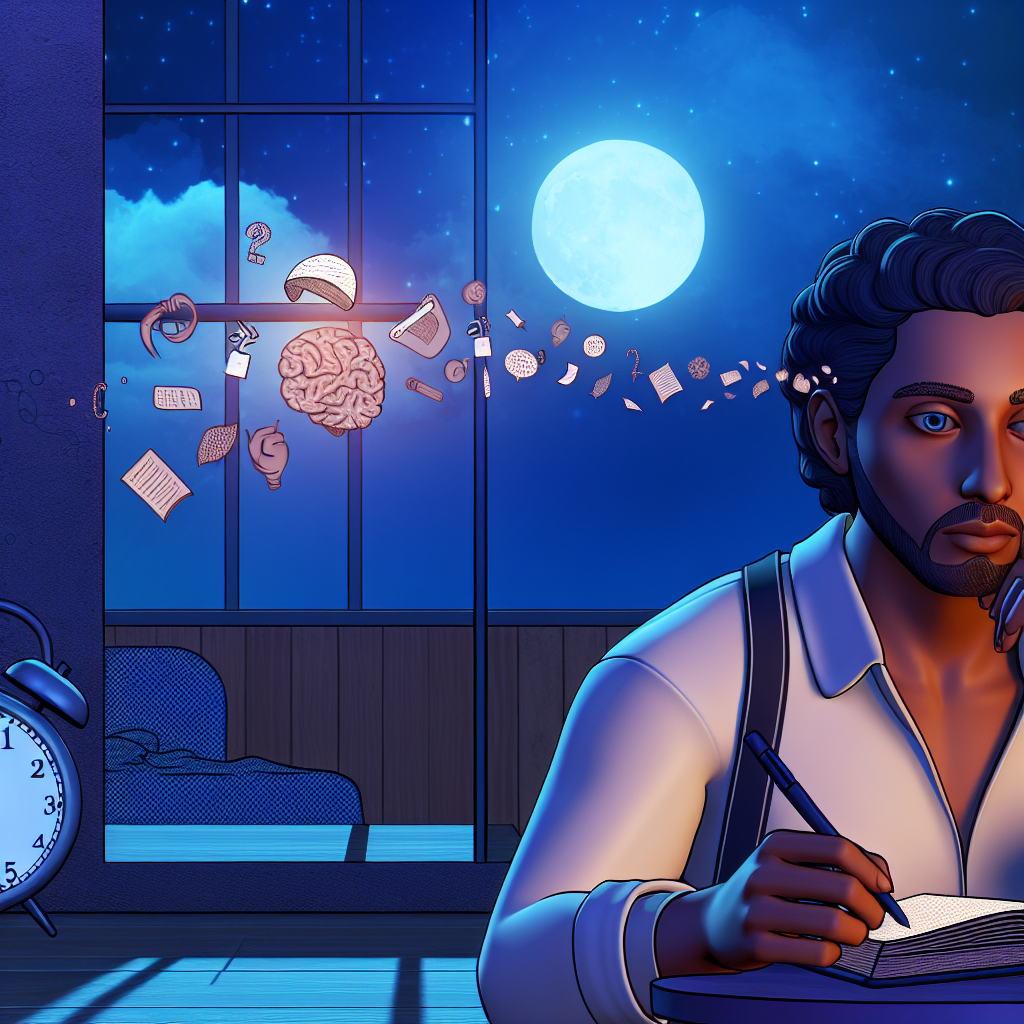If you don’t get enough sleep, numerous adverse effects are likely. Poor quality of life and memory impairment are just two examples. Your immune system could also be impacted. You may also struggle to solve difficulties and react quickly. You may also acquire several illnesses, such as heart disease and cancer.
Memory Loss and Lower Quality of Life
Your mental health may be impacted by lack of sleep. It lessens cognitive flexibility, affecting your capacity to adjust to and prosper in various situations. Lack of sleep impacts memory and concentration. Inadequate sleep also increases your irritability and the likelihood of running into trouble.
A study by Harvard Medical School researchers investigated women’s sleep habits. In addition, participants’ cognitive abilities, such as memory and thought, were also rated. According to the study, women who didn’t get enough sleep fared worse on memory and thinking tests. On the other hand, women who slept seven to eight hours every night did better on tasks that required attention.
Immune System Vulnerability
The immune system is influenced by sleep deprivation in several ways. For instance, insufficient sleep can lower T cell counts, which aid the body in warding off diseases. Additionally, it may hinder the cytokine—an immune protein—production process. As a result, the body’s capacity to combat cancer and infections may be diminished.
People who lack sleep have weaker immune systems and take longer to recover from illnesses. Inflammation, obesity, and heart disease are also associated with sleep deprivation. A regular sleep schedule is required to control the body’s natural circadian rhythm.
Impaired Performance
Insufficient sleep is associated with decreased performance on some cognitive tasks. For example, studies on those who don’t get enough sleep have shown that their ability to think quickly and accurately is affected. However, the impairment gradually lessened after the first two nights of sleep deprivation. The five-hour sleep restriction group showed the most impairment compared to the seven-hour group. The tasks’ accuracy also followed a similar pattern, though it declined even more in the five-hour group. The control group, on the other hand, performed the same throughout the trial.
Scientists have found that people who don’t get enough sleep do worse at various tasks, especially those that require good visual and motor skills. Additionally, it reduces the durability and capacity of iconic memory, which prevents the activation of spatial attention. Additionally, it has an impact on saccadic eye movements. However, further study is required to formally establish the link between decreased oculomotor functioning and compromised cognitive performance, which is still in its infancy.
Mood Impairment
Scientists have found that people who don’t get enough sleep do worse at various tasks, especially those that require good visual and motor skills. In addition, your mental health and the dynamics of your relationships may suffer due to these symptoms. Chronic sleep deprivation might even result in psychological issues like irritability, paranoia, and hallucinations.
Making wise selections can suffer if you don’t get enough sleep. Because of the disruption in your emotional response, your judgment is compromised. Lack of sleep limits your capacity to concentrate on the advantages and disadvantages of various actions. It also hinders your ability to grow from missteps.

Dominic E. is a passionate filmmaker navigating the exciting intersection of art and science. By day, he delves into the complexities of the human body as a full-time medical writer, meticulously translating intricate medical concepts into accessible and engaging narratives. By night, he explores the boundless realm of cinematic storytelling, crafting narratives that evoke emotion and challenge perspectives.
Film Student and Full-time Medical Writer for ContentVendor.com



